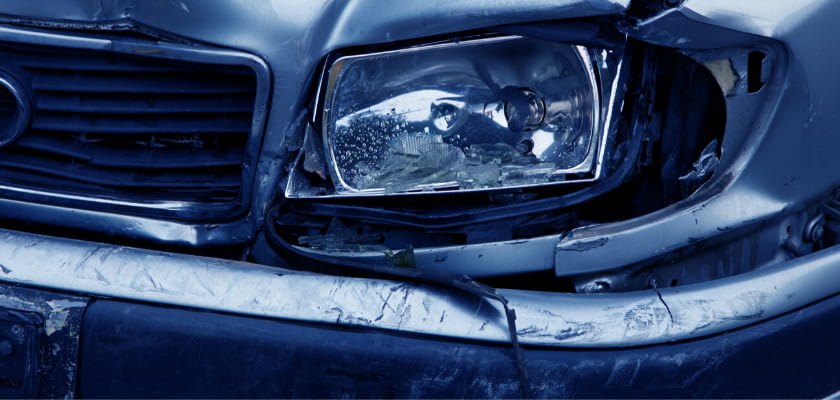Why Reporting Claims Quickly Can Significantly Cut Claims Cost

There’s a saying among insurance industry insiders: Unlike fine wine, claims don't get better with age; they only get more expensive.
“I am a firm believer that incidents reported immediately have the potential to significantly reduce claims cost,” said one insurance industry executive.
Why? Three reasons:
First, the sooner an insurance representative can arrive at the scene and begin investigating the claim, the better the likelihood that scenes and evidence are preserved and recorded in a way that will be useful later in the process. “Scene preservation, vehicle positioning, damages, witness statements—all are best preserved as close in time to the incident as possible,” the insurance industry executive said. “As time passes, things change, including the facts stored in people’s minds as they begin to rewind and replay the accident. Insureds can place themselves—and in turn, their insurers—in the best possible position by reporting claims early.”
Second, early reporting allows damaged vehicles to be more quickly moved to repair facilities, where decisions on repairs can be made faster. This reduces storage fees as well as rental costs for replacement vehicles. In addition to preventing storage-related damage to equipment, quicker repairs get trucks back on the road more quickly, reducing downtime and lost profits.
Finally, collisions have a tendency to sour over time. If claims are not resolved quickly, patience runs out, suspicion builds, and lawyers are hired. Once that happens, even the smallest fender bender can escalate.
“The faster the insurance company gets involved, the more likely people are to build a level of trust and understand that it’s just an accident,” the executive said. “You ultimately wind up reducing costs for everyone by moving quickly to resolution.”
Knowing exactly what you should do immediately following a collision can be difficult. Here's useful advice on what to do and, just as importantly, what not to do.
Do:
- Set reflectors and flares around the accident scene
- Make sure everyone is okay
- If someone is injured, send for an ambulance
- Call the police
- Call the company safety department
- Report from the scene to the company’s insurance carrier, if possible
- Take photos of the scene from all angles
Don't:
- Don’t apologize or admit fault
- Other than to check if everyone is okay or to answer questions from law enforcement, don’t talk to anyone unless they represent you or your company
- Live stream, Tweet, Snapchat or engage in social media about the accident
- Move your vehicle or alter the accident scene unless directed to by law enforcement
Need more insights? Learn more about how to mitigate risk and cut claims costs in our white papers “Action in the Aftermath” and “Proactively Reduce Claims in Just Three Steps.”
